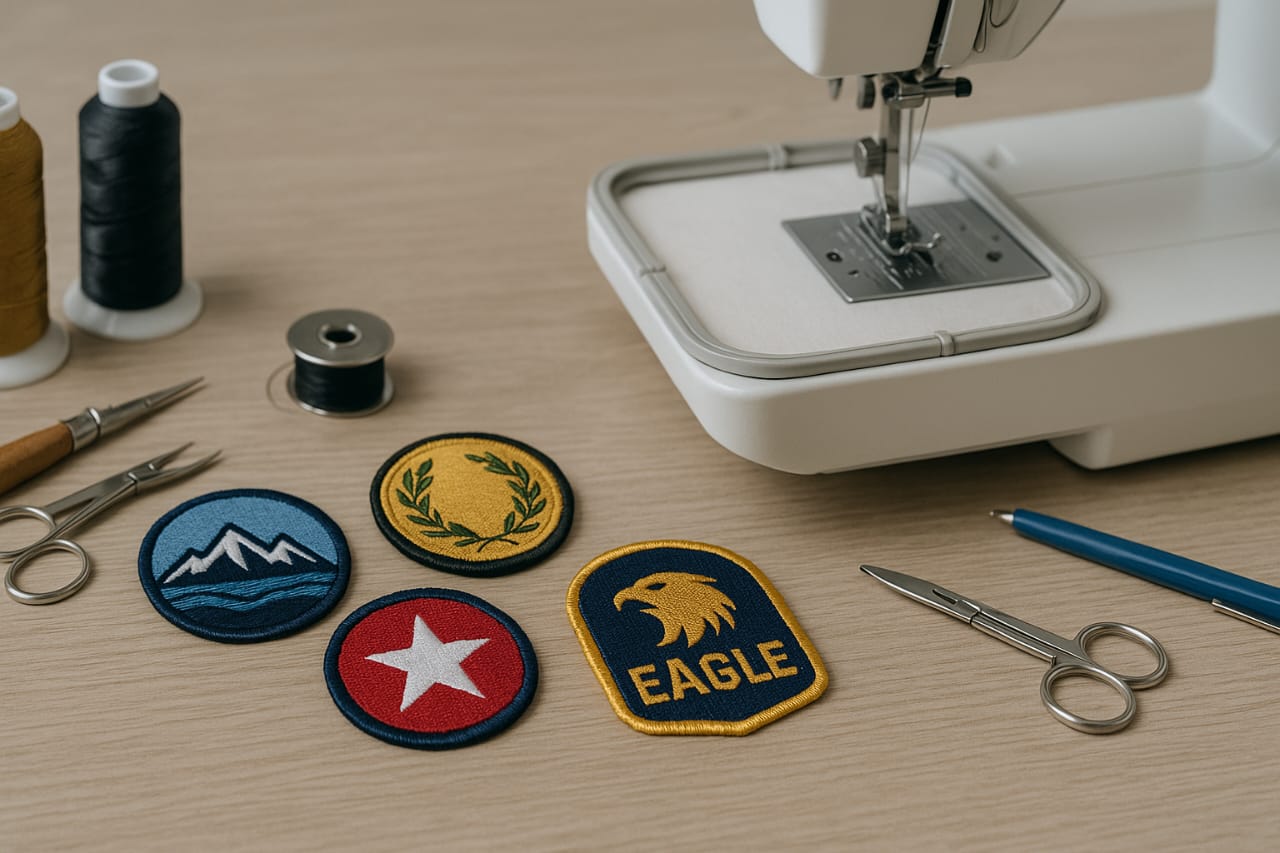
What is Patch Digitizing?
Patch Digitizing is the process of converting a logo, emblem, or design into a machine-readable embroidery file specifically meant for creating embroidered patches. These files guide embroidery machines to stitch clean, durable, and professional-looking patches on fabric backings.
Why is Patch Digitizing Important?
-
Clean Borders & Lettering
Patches need crisp outlines and sharp text, especially for small fonts or circular logos.
-
Structured Stitching
Patch embroidery requires accurate layering: from base fills to border edges, to prevent loose threads or misalignment.
-
Versatile Applications
Patches are used on uniforms, hats, bags, jackets, and more, so the digitized file must be adaptable across different materials.
-
Production Efficiency
A properly digitized patch file ensures faster machine runs, lower thread breaks, and consistent results — saving time and money.
How Does Patch Digitizing Work?
-
Design UploadCustomers submit their artwork (JPEG, PNG, AI, etc.).
-
Digitizing SoftwareA digitizer uses software to set up stitches, borders, and shape for your custom patch
-
Stitch Type SetupStitch types like tatami fill, satin borders, and running stitches are used to build the patch in layers.
-
File ConversionThe final file is exported in machine formats like .DST, .PES, .EXP, ready to run on embroidery machines.
-
Patch Production (Optional)Once digitized, this file can be used to mass-produce patches on twill fabric or felt, often with heat-seal or Velcro backing.
